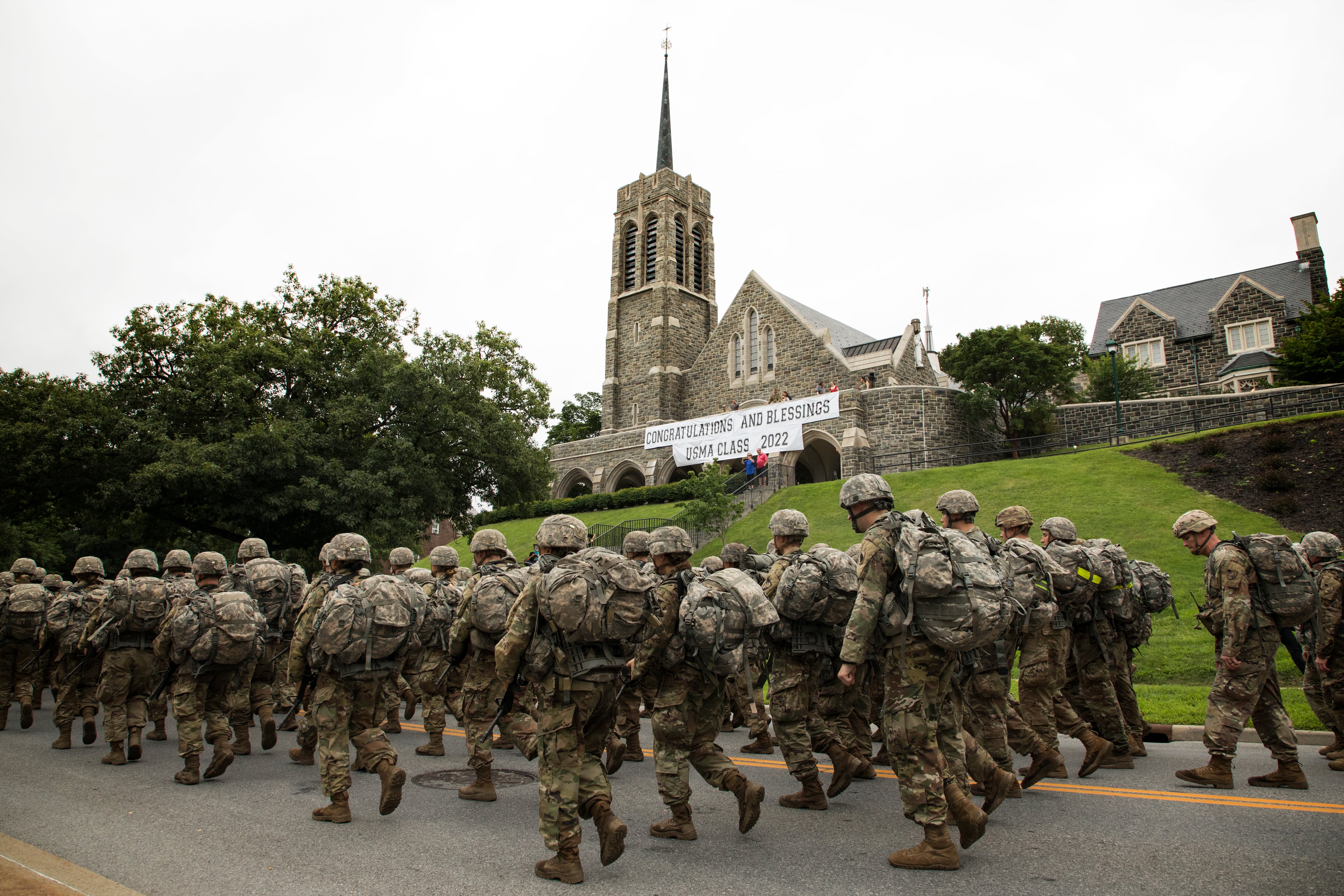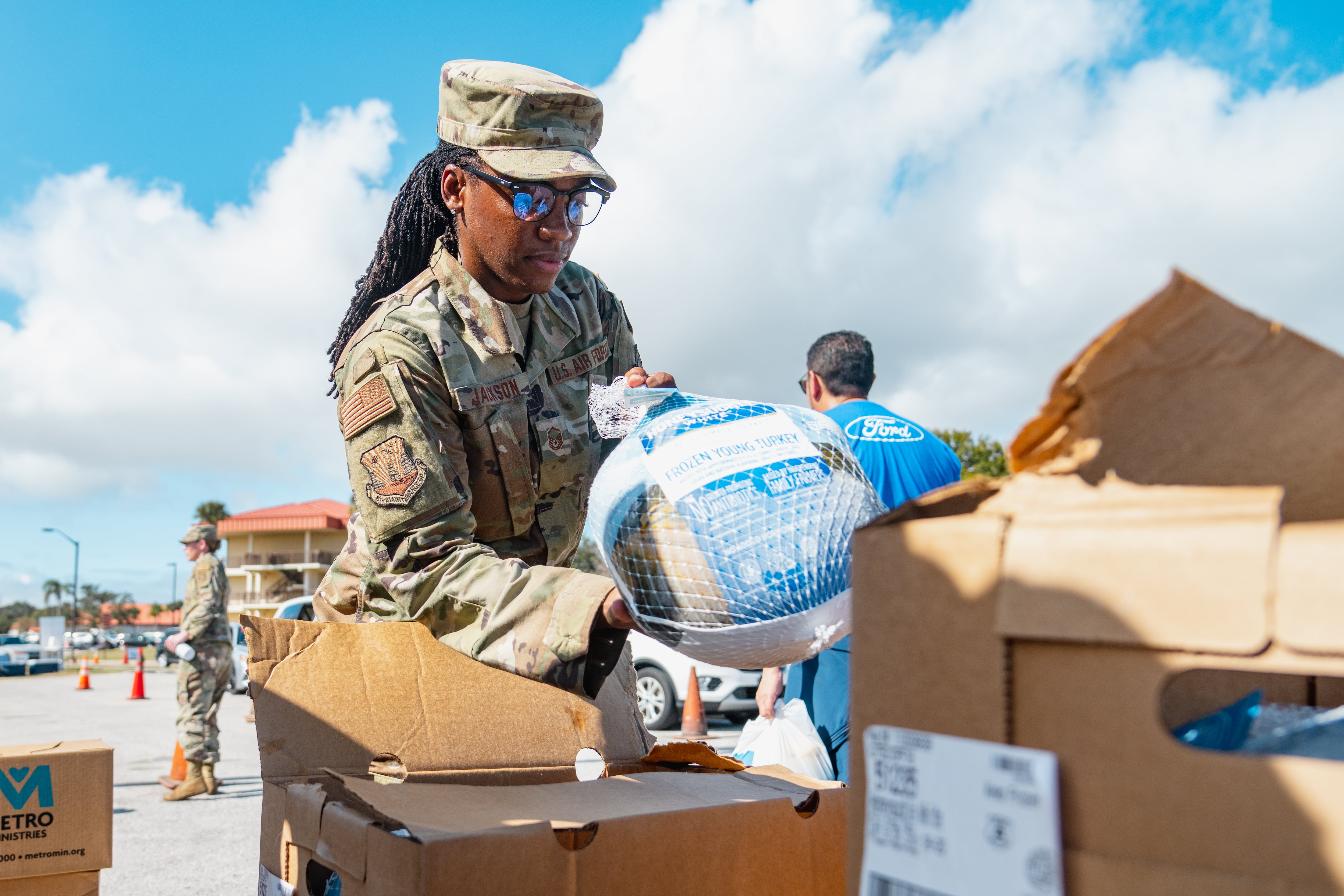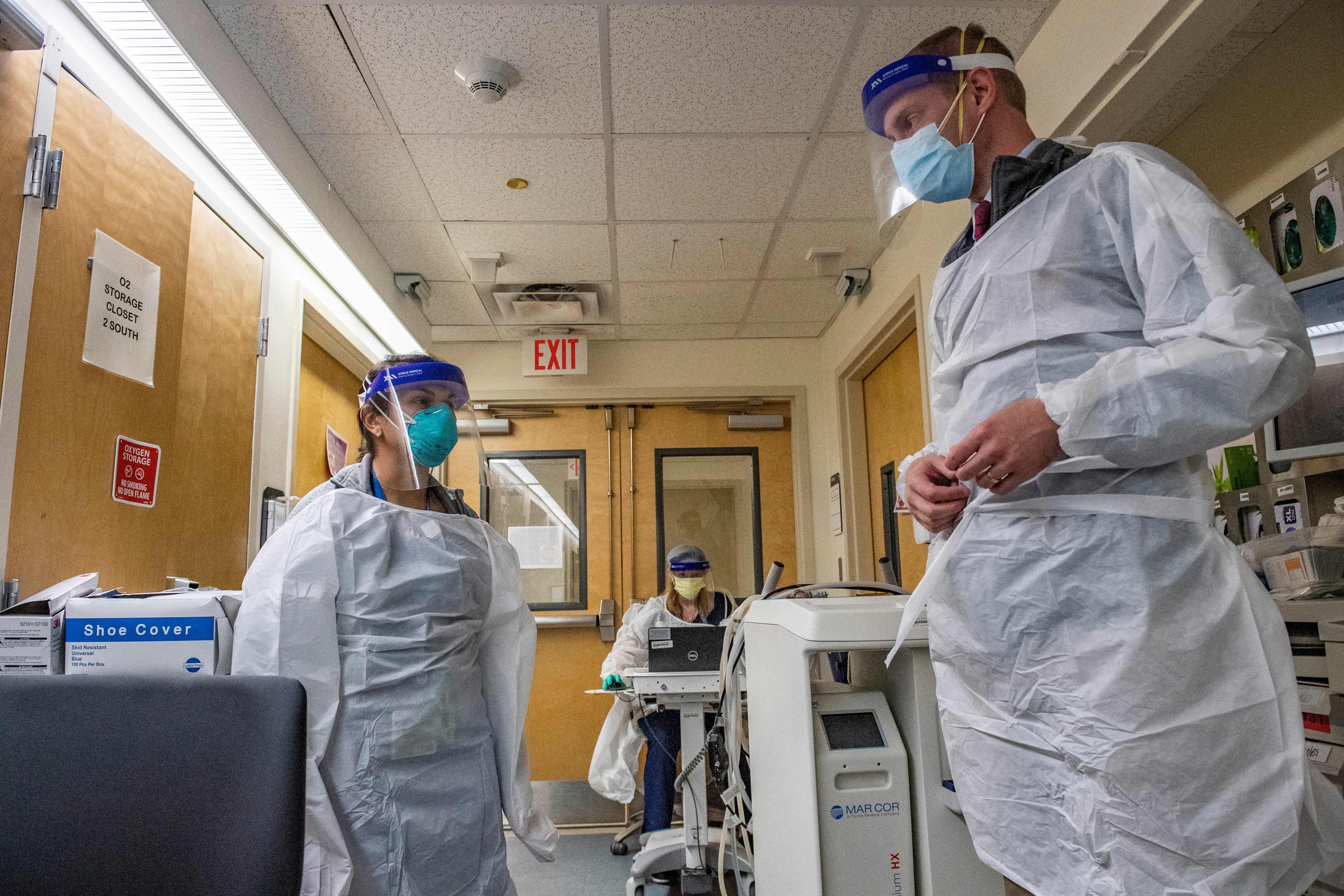Two years ago, U.S. Military Academy Cadet Jacob Whisenhunt was sentenced to 21 years in prison for raping a sleeping classmate. On Monday, an appeals court threw out his conviction, citing lack of evidence to prove that the sex wasn’t consensual, given how many people were around at the time.
Whisenhunt, originally from the class of 2019, would now be able to return to class at West Point, as it was his previous duty station and the conviction was the only basis for his dismissal from the Army.
“The defense theory was that the appellant and [the victim] engaged in a consensual sexual encounter while taking active measures to avoid detection,” according to the written decision by three military judges. “In our view, the circumstantial evidence in support of this defense theory severely undercuts the government’s case.”

The three sexual assault charges stem from a July 7, 2016, incident in which Whisenhunt was accused of assaulting a female cadet in her sleeping bag while she slept during a summer field training event.
Military Times does not identify survivors of sexual assault.
“West Point is aware of the appellate court’s ruling and will take appropriate action," West Point spokesman Lt. Col. Christopher Ophardt told Army Times on Tuesday.
In this kind of case, Whisenhunt has the option to be fully reinstated at West Point, or request his dis-enrollment. Because he was charged before he completed two years at the academy, he is not obligated to any further military service or to pay back his education.
The judges surmised that because the woman did not audibly struggle and Whisenhunt took no steps to keep her quiet, hide his identity or remove evidence of the alleged assault, the circumstances did not amount to a rape.
“We have carefully reviewed the evidence and, taking into consideration that the panel saw and heard the witnesses and we did not, we nevertheless conclude that appellant’s convictions are factually insufficient,” according to a written decision by three military judges.
In her testimony, the woman Whisenhunt was convicted of raping said that she froze when she woke up and realized Whisenhunt was assaulting her, according to the decision, though Whisenhunt testified that the intercourse was the result of “escalating and consensual touchings," and that they both tried to conceal what was going on by holding their breaths when they thought they heard someone walking by.
Further, the appellate judges concluded that because of the noisiness of the survivor’s bedding set-up, with their squad mates sleeping nearby, “it is hard to conclude beyond a reasonable doubt that appellant could complete the charged offenses without cooperation or detection.”
The judges went on to write that they thought it was unlikely that the survivor wouldn’t gasp or cry out when she woke up next to Whisenhunt, which would have alerted others to an assault.
“This is particularly true when there is no evidence that appellant threatened [the victim] or took any steps, such as covering her mouth, to prevent an outcry,” they wrote.
And, they added, they did not believe that Whisenhunt would have brazenly assaulted her, knowing that she could easily identify him in a rape report, or that he would have left his semen behind on her bedding, if he had committed a crime.
The verdict
A jury of six West Point staff and faculty convicted Whisenhunt on May 5, 2017, following a four-day trial. A judge sentenced him to 21 years, forfeiture of his pay and a discharge from the Army.
“This verdict and sentence represents the integrity of a process that includes strong victim support systems, thorough investigative efforts with collaboration among the investigators, the staff judge advocate and the special victims prosecutors to move a case to court martial,” then-USMA spokesman Lt. Col. Christopher Kasker said in a statement. “In this case the court-martial resulted in a sentence that reflects the seriousness of the crimes of sexual assault and rape.”
RELATED

At the time, the verdict was seen as a victory in the fight against sexual assaults both in the military and on college campuses. According to an annual Defense Department report released in January, sexual assault reports are up 47 percent in the last three years.
“After a decade-plus of concerted efforts to address sexual harassment and assault, the problem has only gotten worse,” said Rep. Jackie Speier, D-Calif., during a House Armed Services Committee in February. “This isn’t a blip, a ‘me too’ bump, or some accident. It’s a clear illustration of a destructive trend and systemic problem.”
And in May, the day DoD dropped its annual service-wide sexual assault prevention and response report, Sen. Kirsten Gillibrand, D-N.Y., admonished Army Vice Chief of Staff Gen. James McConville during his confirmation hearing to take over as the Army’s top officer.
"I am tired of the statement I get over and over from the chain of command: ‘We got this, Ma’am. We got this,’ " she said. “You don’t have it. You’re failing us. The trajectories of every measurable are going in the wrong direction.”
Meghann Myers is the Pentagon bureau chief at Military Times. She covers operations, policy, personnel, leadership and other issues affecting service members.










